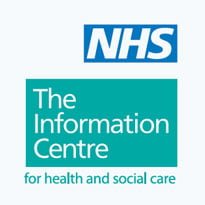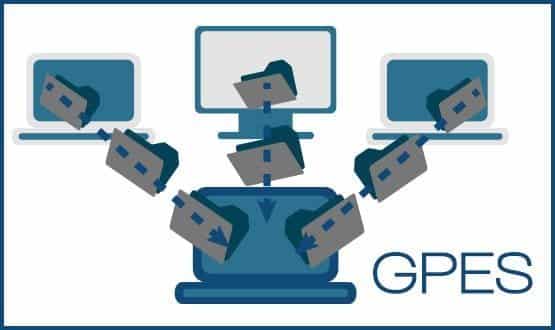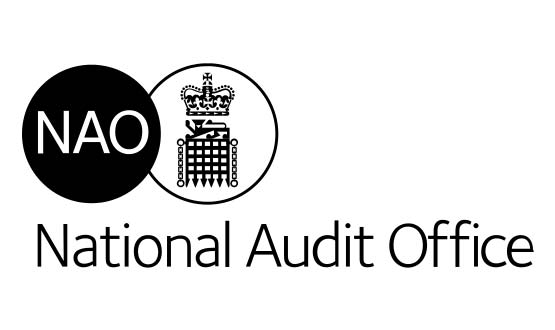GPs say yay or nay to GPES
- 17 September 2012

GP practices will use a new website to say yes or no to GP Extraction Service customer requests.
The mechanism for how GPs will consent to GPES requests was outlined by speakers from the NHS Information Centre at the EMIS National User Group conference in Warwick this month.
Each clinical system supplier is creating an extract server to hold patient identifiable data that can then be extracted by GPES.
NHS IC national clinical lead for primary care Ralph Sullivan said GPs will be able to see a data extract before it is sent to check the quality and the practice can say no to a request if it wants to.
This will be done via a website on which each practice can select its settings. Practices can choose for all extract requests for anonymised data to go ahead or choose to opt-in on a case by case basis.
In the case of patient identifiable data, practices must opt in to each individual request.
A GP in the audience pointed out that although nothing in the extract server can be used without practice consent, GPES will soon become the only method for electronically extracting Quality and Outcome Framework data.
“Yes it does push people in one direction which is unfortunate, but it’s the pragmatic way to achieve the goal,” acknowledged Sullivan.
Read codes have been developed for individual patients who want to opt-out of their data being extracted by GPES, or if they want to opt back in.
Sullivan said the extracted data will be handed over to the customer and then destroyed, not kept by the centre.
Dave Roberts, head of primary care strategy at the centre, said there is a tension between the IC being able to “require” the data and the Data Protection Act, which means data controllers must be asked for their permission.
He said the first GPES extraction will be QoF data in 2013, but there are another 70 customers “queuing up” to use the service.
He also said the IC is looking to use the MIQUEST query service for local extractions and the centre is going to sign a contract with PRIMIS for it soon.
“We are aware that MIQUEST has not been maintained or looked at in a number of years, but it does provide a valuable local extraction service and we need to look at how to support that local service as well as the GPES national extraction service,” he said.
MIQUEST will run alongside GPES to start with, but how the service will evolve is yet to be decided.
The NHS IC has bought GPES technology which can be used locally or it could develop an entirely new data extraction system suitable for local extractions.
Roberts estimated that from April next year, the centre would probably need MIQUEST for another two years.
A spokesperson from PRIMIS said: “We are delighted to be providing the MIQUEST Data Authoring and Extraction Service for the HSCIC and look forward to working with them in the future.”




